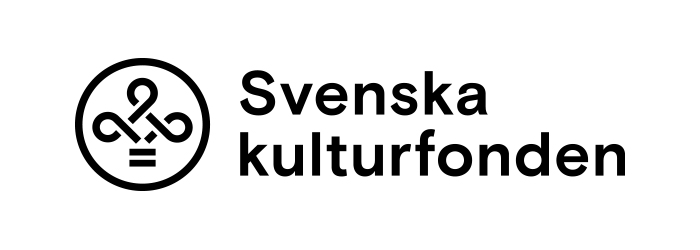
Project duration: 2019 – 2021
The GREAT project focuses on learning, teaching and using new technologies and being adequate about using the digital competences. It cannot be denied that it is compulsory to keep up with the
technology. In order to be able to use it in a positive way, first teachers should include the usage of technology in their yearly plans and curriculum.
Technology is playing a critical role in how curricula are being developed and implemented. This is reflected in a huge movement in many countries to create STEM (science, technology, engineering,
and mathematics) curricula to prepare students for lifelong learning and the demands of the future.
Through this project, the children who have difficulties to learn many abstract concepts will become familiar with the contents of new technologies thanks to the coding and robotics. The children will have a better understanding and will have the ability to think in three dimensions. Reading books or just studying is not enough for us to reach information. Because even in a second, a new invention emerges and we have countless new automatic vehicles. The world of science brings technology to today’s inventions and brings the products we use with coding and robotics to the points we cannot
imagine. All of them come from the perfect harmony of coding and robotics. Therefore, starting from the early ages, coding and solving the robotic language, they will continue their lives without confusion
as they will understand the content of the new inventions which they will encounter during their lives. Primary school students will be introduced to coding through Block-Based Coding through
robotics, which involves dragging and matching different “blocks” of instructions. Secondary school students will learn Python programming and utilize Makeblock robots and construct advanced
projects. Professional Development is the key to success, thus teachers will be equipped with key competencies and skills which will assist them to succeed in their professional or academic careers.
The project is financed by Erasmus+ 2019-1-UK01-KA201-062030
Facebook | Website | Livebinder





